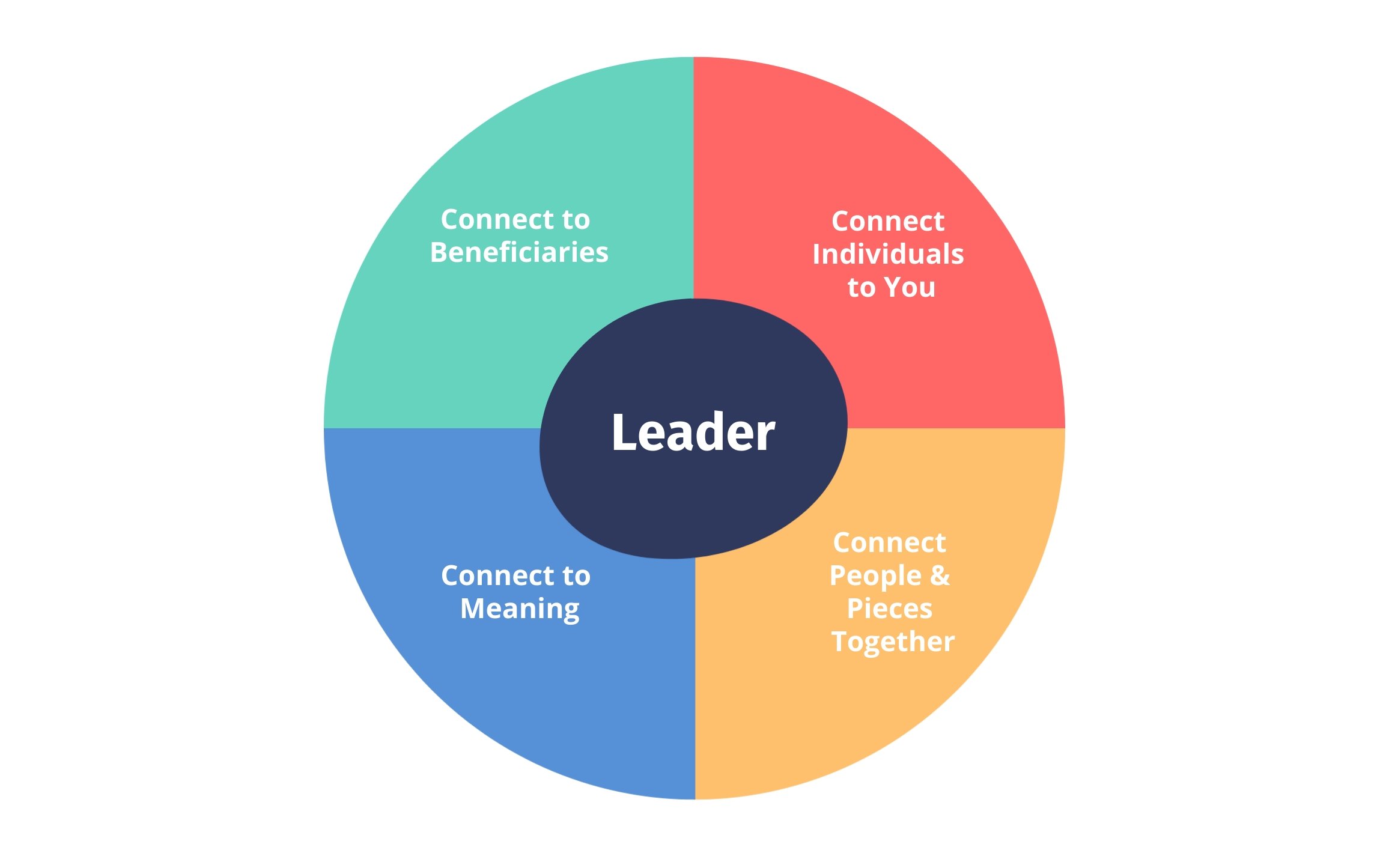
We all love positive leaders - CEOs and executives who paint an exciting, coherent vision of the future. Such enthusiasm can be contagious.
Access leadership and trust building communication tips to help you improve team productivity and safety.

We all love positive leaders - CEOs and executives who paint an exciting, coherent vision of the future. Such enthusiasm can be contagious.

We all know how wonderful it is to be around positive people. Optimism is contagious.
People are naturally drawn to visionary leaders who paint an exciting picture of a new future. After all, no-one is going to follow a leader who gets scared or negative about the latest crisis.

In the last couple of articles, we have discussed how to move your team out of the anxiety and abatement zones, in order to get them into the Achievement Zone.
-1.jpg)
Last week, I talked about how to get teams out of anxiety and into achievement through five steps. Foundational to all of them was the need for leaders to have empathy and to truly understand their team's perspective.
-1.jpg)
Leading a high performance team is a bit like a team leader taking their team on an exhilarating elevator ride to the 100th floor of a building.

One of the things I get to do in my job is interview employees about what their senior leadership team or organisation needs to do, in order for them to trust the company more.

Recently, one of the biggest complaints that I have been hearing about leaders is how a lack of self-awareness is impacting their performance. Employees complain about leaders who are totally oblivious to how their behaviours, words and actions create distrust and frustration amongst those around them.

Workplaces tend to have lots of interdependencies, complexity and unknowns that change daily. High achievement leaders provide their team with contextual understanding of their work environment which is critical for the speed and efficiency of their team.
-1.jpg)
An interesting comment that I often get from leaders is that employee engagement results often don't explain team performance. Some teams have high employee engagement, but don't perform so well.

Thanks to bad experiences, a cynical society or even the way we were brought up, we tend to search for people’s faults. Without being aware of it, we act like surly teenagers automatically finding the negative in anyoneand anything.